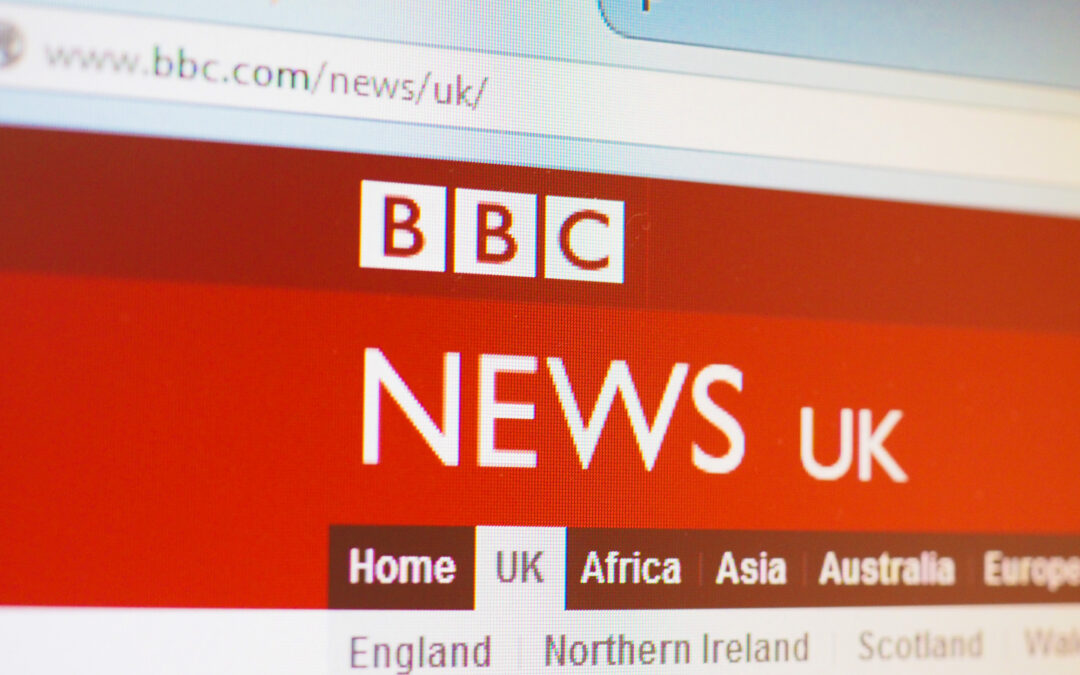The BBC World Business Report released a broadcast that described a wide array of perspectives on the financial and social consequences of COVID-19. After interviewing Neil Bradley, we understand that about one in ten businesses are less than a month away from shutting down completely, and despite federal and state spending, some businesses will not be able to come back from their current deficit. Following Bradley’s statement, Dr. Ayman El Tarabishy of the International Council for Small Business describes our collective movement towards a new normality. He comments on our current situation by enlightening the audience to the hurt of small businesses. Enterprises, housing only four to five employees, are those that often survive financially on a month-to-month basis. Additionally, El Tarabishy comments on how even large businesses who have invested in the upcoming spring season will feel this crisis. Throughout this moment, the unknown of time is the most important variable. Dr. El Tarabishy indicates that companies would have an easier time adjusting to this moment of loss, if they were able to define an end date and work backwards in adjusting their income structure. However, definitive time is not a luxury for which our current crisis allows. As about two trillion dollars are coming from the government, most businesses, who without aid would be severely suffering, are feeling grateful to stay open and be able to pay their employees properly. However, what will happen when it is time to pay the April paychecks? This conversation must also include a monetary percentage, therefore if businesses are able to pay their employees with the help of the government this month, they will have to replay this scene again next month. Luckily, according to Dr. El Tarabishy, small businesses are known to try to first take care of their employees.
The presenter then asks Dr. El Tarabishy if this shut down is too large a price to pay for the pandemic, to which El Tarabishy immediately responds “no.” He states that small businesses are based in humane entrepreneurship, and while there are those who will see this virus in a negative light, there are others that will note how their enterprise’s sacrifice was made for humanity. It is this change in the narrative that will shift the way that the next generations view this moment in history. Small businesses are resilient, and that resilience shines brightest in moments of crisis, like that of today. That spirit will hopefully work concurrently with a long term plan set forth by the government. As it seems impossible to predict the future, especially as we find ourselves in such a volatile state, only the evolution of time will determine if large spending during this period will be worth it. Dr. El Tarabishy notes that if people are willing to sacrifice in the short term for their long term survival, they often need to know how long that short term period will last. This uncertainty leaves us individuals with a choice. One in which we can choose to wait for the worst or another in which we can show our true resilient humanity.
Reference broadcast: 25% of US small businesses could close


